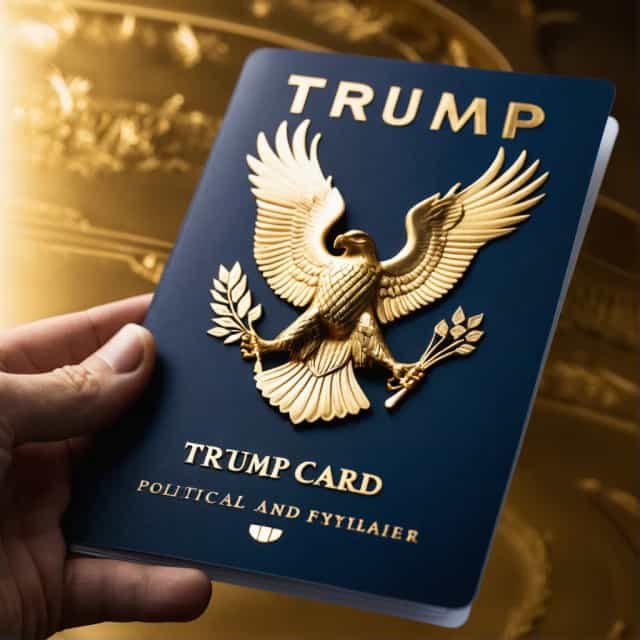![[Block Festa 2025] "KRW Stablecoin Launch Inevitable: Policy-Industry Collaboration Holds the Key"](/_next/image?url=https%3A%2F%2Fwww.blockmedia.co.kr%2Fwp-content%2Fuploads%2F2025%2F09%2F20250926-171840.jpg%3Fformat%3Dwebp%26width%3D600&w=1200&q=70)
Image source: Block Media
Accelerating the Launch of Korean Won Stablecoins: Industry Insights and Policy Imperatives
The financial and blockchain sectors are on the brink of realizing stablecoins pegged to the Korean Won. Experts argue the question is no longer "if" but “when” and "how"—with policy frameworks and industry cooperation determining the success of this revolutionary initiative. The spotlight on this topic was clear at the Blockfesta 2025 conference on October 26 in Gangnam, Seoul, where experts debated the current status and future of Korean Won-backed stablecoins against the backdrop of advancing legislative and technological strategies.
Legislative Progress and Industry Strategies
As discussions unfold in South Korea’s National Assembly regarding a comprehensive digital asset regulatory framework, industry players are actively crafting their strategies to align with the evolving legislative environment.
Kim Wan-seong, CEO of Koscom, delved into the integration challenges of tokenized securities and Korean Won settlements. He revealed that the company's shared issuance platform is being designed to serve financial institutions as account management entities. "Technical barriers have emerged in verifying stablecoins as alternatives for fiat payments during platform development," he explained.
O Jong-uk, CEO of Wavebridge, stressed his company’s focus on improving stablecoin circulation by offering wallets for institutions under corporate accounts while positioning itself as a key distribution partner for stablecoin issuers.
Adding a validator’s perspective, Seo Byung-yoon, head of research at DSRV Labs, remarked, "We support over 70 blockchain networks, including Ethereum and Solana, ensuring the verification of stablecoin transactions and issuance processes."
From a legal standpoint, Hyobong Kim, an attorney at Bae, Kim & Lee, underscored the need for clear transitional measures to kickstart stablecoin initiatives. "Rolling out Won-based stablecoins without regulatory sandboxes is unrealistic. Policymakers must amend special financial laws under Korea’s finance innovation support framework to enable initial issuance securely," he stated.
Addressing Market Demand Concerns
While skepticism exists about whether Won-based stablecoins can rival the dominance of those pegged to the US Dollar, industry leaders firmly dismissed doubts, presenting strong evidence to support their viability.
Kim Gyeong-eop, CEO of Open Asset, highlighted several use cases. "Demand exists across domestic and international digital asset exchanges, blockchain service wallets, electronic payment methods, and futures trading markets. There’s also significant potential in real-world asset transactions and new blockchain-enabled foreign exchange markets," he noted, emphasizing the growing necessity for the Korean Won to play a global role.
Adding to this, O forecasted the long-term needs within Korea’s thriving digital asset market. "Even tokenized money market funds (MMFs) in the Web3 ecosystem will eventually require Korean Won stablecoins. Hesitating now could cost Korea global opportunities," he warned.
Attorney Kim bolstered these arguments by outlining vast applications for Korean Won stablecoins. "Efficiency in B2B settlements, supporting industries like K-content and medical tourism, and acting as AI-based payment tools are just a few possibilities," he stated.
For sustained success, Seo advocated preparing for broader adoption: "Beyond immediate use cases, focus on enabling all currencies and assets to migrate on-chain. Underserved financial areas will naturally create short-term demand, but long-term alignment with global trends is vital."
Building the Framework for Global Competitiveness
Korea's ability to capitalize on Won-based stablecoins hinges upon comprehensive industry-government collaboration. Tapping into international markets requires public blockchain frameworks, seamless exchange listings abroad, and global financial service integration.
Kim Gyeong-eop stressed the urgency of acting before competitors, stating, "The Korean Won stablecoin initiative must penetrate banking, securities, and fintech sectors domestically while facilitating entry into international markets. Lowering barriers to innovation will empower smaller firms to contribute."
Highlighting global developments, Seo pointed to tokenized stocks and 24/7 trading systems already functional overseas. He recommended a 10–20-year strategy to build interoperable ecosystems around Korean Won stablecoins, ensuring long-term success.
On regulatory measures, Attorney Kim called for transparent public-private discourse, suggesting, "Government authorities must engage industry leaders directly to establish blockchain security standards, interoperability protocols, and stablecoin usage frameworks that align with global benchmarks."
Finally, O laid out operational recommendations for stablecoin issuers. "Introducing investment products alongside stablecoins on centralized exchanges abroad is crucial. Leveraging multi-chain designs and ensuring public-network transparency will enhance cross-industry integration and adoption," he explained.
Collaboration as the Cornerstone
The road to successfully launching Korean Won-backed stablecoins will demand unified efforts from policymakers, financial institutions, and blockchain innovators. Forward-looking infrastructure development, robust regulatory clarity, and global compatibility will be critical for transforming Korea’s economy into a frontrunner in the blockchain-driven financial revolution. Strategic collaboration is no longer optional—it’s the foundation for unlocking the transformative potential of stablecoins for domestic and international markets alike.










